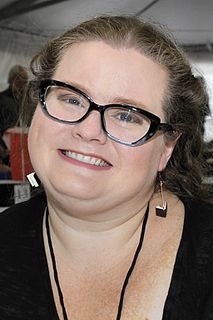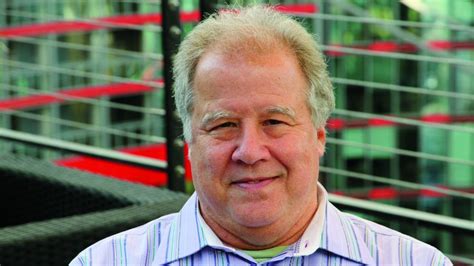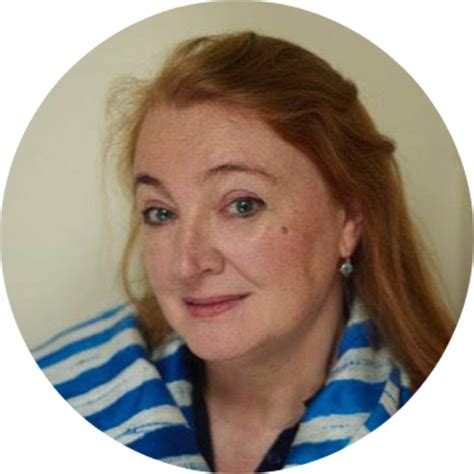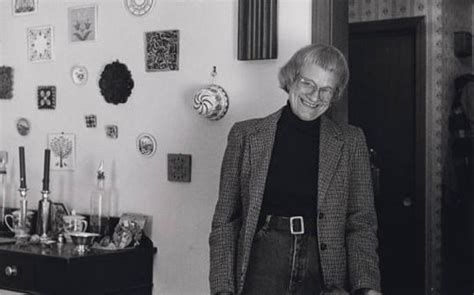A Quote by Mary Pope Osborne
I discovered writing children's books was a way to keep living in my imagination like a child. So I wrote a number of books before I started 'Magic Tree House.' Then, once I got that, I never looked back because I could be somewhere different in every single book.
Related Quotes
One wouldn't want to say that what makes a good writer is the number of books that the writer wrote because you could write a whole number of bad books. Books that don't work, mediocre books, or there's a whole bunch of people in the pulp tradition who have done that. They just wrote... and actually they didn't write a whole bunch of books, they just wrote one book many times.
I wrote a book. It sucked. I wrote nine more books. They sucked, too. Meanwhile, I read every single thing I could find on publishing and writing, went to conferences, joined professional organizations, hooked up with fellow writers in critique groups, and didn't give up. Then I wrote one more book.
When I was very little, say five or six, I became aware of the fact that people wrote books. Before that, I thought that God wrote books. I thought a book was a manifestation of nature, like a tree. When my mother explained it, I kept after her: What are you saying? What do you mean? I couldn't believe it. It was astonishing. It was like--here's the man who makes all the trees. Then I wanted to be a writer, because, I suppose, it seemed the closest thing to being God.
I'm such an old fart that I started buying books on film and TV and radio and music when, for television, the entire shelf of books was only a couple of them. You go into the '70s before you start getting books on TV that you start wanting to collect. And by the time that you get to something like the Brooks and Marsh book it's invaluable. My house got hit by lightning in 1989 and burned down. And I got more than a half dozen Brooks and Marsh books sent to me by friends immediately, as though that's what you need more than clothes or food. That's how treasured that book was.
I don't think that children, if left to themselves, feel that there is an author behind a book, a somebody who wrote it. Grown-ups have fostered this quotient of identity, particularly teachers. Write a letter to your favorite author and so forth. When I was a child I never realized that there were authors behind books. Books were there as living things, with identities of their own.
My daughter is seven, and some of the other second-grade parents complain that their children don't read for pleasure. When I visit their homes, the children's rooms are crammed with expensive books, but the parent's rooms are empty. Those children do not see their parents reading, as I did every day of my childhood. By contrast, when I walk into an apartment with books on the shelves, books on the bedside tables, books on the floor, and books on the toilet tank, then I know what I would see if I opened the door that says 'PRIVATE--GROWNUPS KEEP OUT': a child sprawled on the bed, reading.
There is the myth that writing books for children is easier than writing books for grownups, whereas we know that truly great books for children are works of genius, whether it's 'Alice in Wonderland' or the 'Gruffalo' or 'Northern Lights.' When it's a great book, it's a great book, whether it's for children or not.
I write for young people because I like them and because I think they are important. Children's books can be mind-stretchers and imagination-ticklers and builders of good taste in a way that adult books cannot, because young people usually come to books with more open minds. It's exciting to be able to contribute to that in a small way.
To see what books were available for my older students, I made many trips to the library. If a book looked interesting, I checked it out. I once went home with 30 books! It was then that I realized that kids' novels had the shape of real books, and I began to get ideas for young adult novels and juvenile books.





































